In the pursuit of promoting overall health and longevity, resveratrol has surfaced as a groundbreaking element found both in nature and synthetically produced within the health and wellness sectors.
What Makes Resveratrol So Important?
Resveratrol, a robust polyphenolic compound present in an array of plant-based foods, has garnered recognition for its promising health advantages. Its antioxidative attributes actively combat oxidative stress, thereby diminishing the likelihood of cellular damage. Additionally, resveratrol promotes cardiovascular well-being and exhibits anti-inflammatory properties, alongside potential anti-aging benefits, underscoring its significance as a beneficial inclusion in a balanced diet.
Foods High in Resveratrol
Although often linked with red grapes and red wine, resveratrol is also present in a range of other foods. Introducing these naturally abundant polyphenol-rich foods into your diet could offer a wholesome means of harnessing their health-promoting properties. Presented below are some exemplary sources of this natural compound:
Japanese Knotweed
Japanese knotweed, scientifically known as Fallopia japonica, is a lesser-known but potent source of resveratrol. Native to East Asia, this plant contains high concentrations of this beneficial compound in its roots. While it’s primarily considered an invasive species in many regions, it has gained attention for its potential health benefits, particularly in traditional Asian medicine.
Freshly harvested roots of Japanese knotweed, which has been well known in Asia for hundreds of years for promoting gut and heart health, are now used as a key ingredient to produce one of the best supplements on the market, GenuinePurity Trans-Resveratrol liposomal.
Grapes
Red grapes, especially their skins and seeds, are renowned for their resveratrol content. This compound is particularly concentrated in the skin of red and purple grape varieties. Whether consumed fresh, juiced, or dried, red grapes offer a delicious and nutritious way to boost your polyphenolic compound intake.
Red Wine
Renowned for its connection to resveratrol, this variety of wine has been revered for its potential health effects. Crafted from fermented grapes, red wine boasts differing concentrations of this compound, influenced by variables like grape type, fermentation techniques, and aging duration. While moderate consumption of red wine might confer health advantages, it’s crucial to partake responsibly.
Berries
Such delicious berries as blueberries, strawberries, raspberries, cranberries, mulberries, and black and red currants stand out as abundant reservoirs of resveratrol. These berries are vibrant in color and delicious in flavor and are full of antioxidants and other beneficial compounds. Whether savored fresh, frozen, or blended into smoothies and desserts, incorporating berries into your diet offers a delectable strategy for augmenting your intake of this potent polyphenolic compound.
Nuts
Certain nuts, like peanuts and pistachios, harbor modest quantities of resveratrol, predominantly found in their skins. While nuts may not rival fruits or berries in resveratrol potency, they offer supplementary nutritional benefits, comprising healthy fats, protein, and fiber. Embracing a diverse range of nuts in your dietary regimen can foster overall well-being.
Dark Chocolate and Cocoa Powder
Dark chocolate and cocoa powder, extracted from cocoa beans, serve as great reservoirs of natural polyphenolic compounds. These indulgent delights not only tantalize the taste buds with the rich essence of chocolate but also deliver the antioxidant advantages of naturally present polyphenols and additional flavonoids. For optimal resveratrol benefits, opt for dark chocolate containing a minimum of 70% cocoa content.
Red Onions
Red onions, alternatively referred to as purple or blue onions, are notable for their vivid hue and unique taste, as well as their resveratrol content. Though they may not match the potency of certain other foods mentioned, integrating red onions into your culinary creations contributes both flavor and nutritional merit. Whether enjoyed raw in salads, caramelized in savory recipes, or pickled as a tangy condiment, red onions present a versatile option for augmenting your intake of naturally occurring polyphenols.
Include Foods Rich in Resveratrol in Your Daily Diet
Incorporating resveratrol-rich foods into your daily meals is simple and rewarding. Here are some pointers to get you going:
- Berries as a Snack: Eat a handful of berries, either fresh or frozen, as a snack or incorporate them into smoothies, oatmeal, yogurt, or other foods to add extra nutrition.
- Indulge in Dark Chocolate: Treat yourself to a square of dark chocolate with a high cocoa content as a guilt-free way to increase your resveratrol intake.
- Savor Red Wine in Moderation: Enjoy a glass of beautifully aromatic wine occasionally with dinner, but remember to consume alcohol responsibly.
- Experiment with Nuts: Incorporate peanuts, pistachios, or peanut butter into your snacks or meals for a satisfying and nutritious option.
- Enhance Flavor with Red Onions: Include raw or lightly cooked onions in salads, sandwiches, or cooked dishes to elevate flavor while reaping resveratrol benefits.
Conclusion
Including resveratrol-rich foods into your daily dietary routine yields a multitude of health advantages, ranging from bolstering cardiovascular health to mitigating inflammation and oxidative stress. By incorporating a diverse array of foods like red grapes, berries, nuts, dark chocolate, and red onions, you can elevate your overall well-being while relishing delectable and nourishing choices.
It’s crucial to uphold balance and moderation in your diet to maximize the potential health benefits of foods abundant in this potent polyphenolic compound.
References:

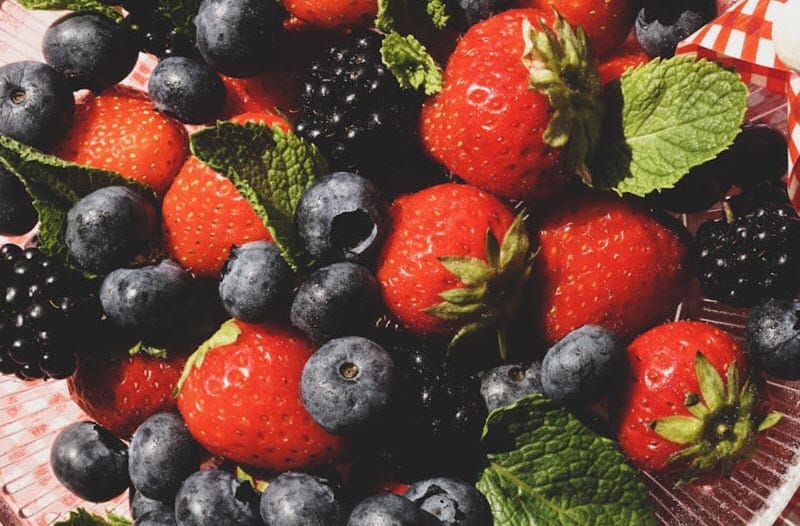
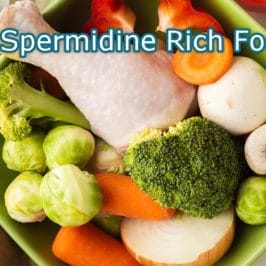
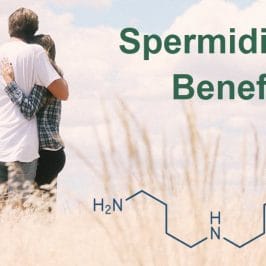
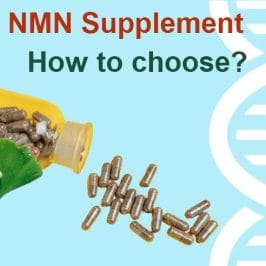
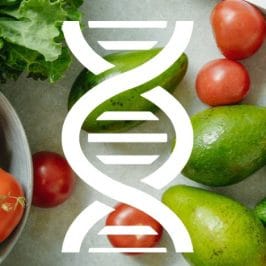


Leave a Reply